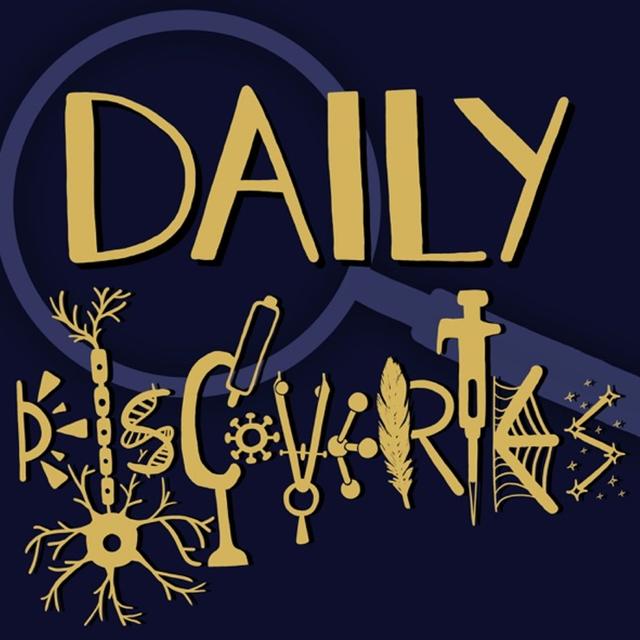Classes and Research Online
This week, Rhea and Thelonious discuss their own experiences with online schooling and how teachers have been adapting, as well as how students doing hands-on research have had to pivot for the pandemic.


This week, Rhea and Thelonious discuss their own experiences with online schooling and how teachers have been adapting, as well as how students doing hands-on research have had to pivot for the pandemic.
Thelonious and Rhea discuss the politics and optics of President Trump’s positive coronavirus test and examine steps huskies can take in their own backyard to stay safe.
Black lives matter. Scientists to follow on twitter: @kareem_carr, @hood_naturalist, #BlackBirdersWeek, @astronaia, @tressiemcphd, @bye_ology, @Sternarchella, @wildearthnotes.
Thelonious and Rhea give an overview and wrap up of the research symposium and discuss the impact of student research.
Thelonious and Rhea discuss current research examining COVID-19’s effect on pregnant women and look at some of the upcoming warm weather in Washington.
The novelty song “Istanbul (not Constantinople)” famously said that “It was nobody’s business, but the Turks,” but when it comes to tech, it’s everybody’s. Rhea and Thelonious discuss exploitive Mechanical Turk labor at Amazon and Uber, a new iPhone app that can detect critical and non-critical COVID-19 cases based on skin conditions, and discuss the … Continue reading "“In fact these Turk’s business are everyone’s”"
Thelonious and Rhea discuss two articles: one about Amy Ko’s research developing a better computer science curriculum and a conversation with a UW atmospheric sciences professor on climate change.
Thelonious and Rhea (virtually) discuss the state of the environment on Earth Day amidst COVID.
Rhea and Thelonious discuss how science intersects with medicine in a variety of ways: through blood donations to help fight coronavirus, scientists sending tissues to space, and an undergraduate researcher using machine learning to help with psychiatric behavior prediction.
Thelonious and Rhea discuss a myriad of topics: The online quarter, the coronavirus, animal crossing, and Bernie Sanders’s election campaign ending among other things.
SoCiaL d A t A sCiEnTiSt Thelonious Goerz and Natural Scientist Rhea John discuss election science. Today, they talk about disinformation, staying informed about consuming political information like statistics, policy, and being skeptical of research; they also talk about environmental issues on the political stage.
Rhea and Thelonious talk about the mysterious algorithm behind a college campus love-matching service and other nerdy topics like applied math and computational finance.
Thelonious and Rhea have on special guest, Armon Mahdavi, editor of the arts and leisure section of The Daily, for a special episode where arts and science come together in a discussion about SCI-FI MOVIES!
This week, Rhea and Thelonious take a deep look at the birth control options available to students, and the science behind them. They also dive into who has more, less, and virtually zero access to birth control from a global health perspective.
Rhea and Thelonious discuss the latest science articles from this quarter and provide sleep-deprived commentary on the coronavirus.
Thelonious and Rhea dive into two articles for this final episode of the fall quarter! They’re talking about the biases that technology forms, such as in the case with Amazon’s automated recruitment program as well as the efforts by the GAMER group to expand the accessibility of interactive games to wider audiences.
Thelonious and Rhea discuss an article that grapples with the controversy behind genetic editing to remove genes that cause deafness.
Thelonious and Rhea talk about two articles on a relative fish of the piranha that prefers plants to flesh for its food, and new AI research with genomes.
Thelonious and Rhea discuss an article on a lecture about the social implications behind improper use of “they/them” pronouns, as well as research regarding the sight strengths of deaf infants.
Thelonious and Rhea discuss three articles, one about data on the College of Engineering here at the UW and how the department is changing, the second on expanding technology for all levels of accessibility and the last comments on our need to increase awareness about the creatures we share our campus with.